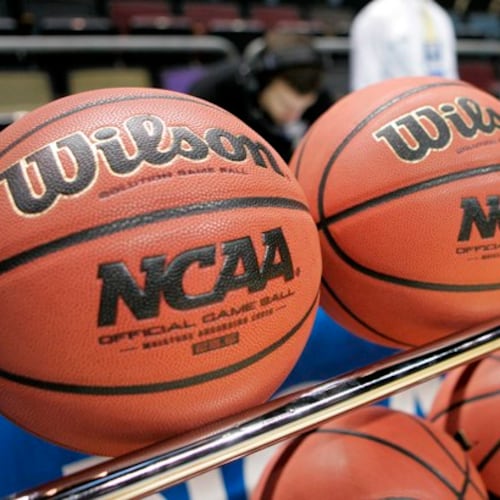If you watched the Olympics opening ceremony, you might have noticed something a bit off about one team in particular: the Chinese Taipei team.
That flag doesn't belong to any country, and Chinese Taipei isn't a real place.
Chinese Taipei is the name that the Republic of China — better known as Taiwan — has to go by during the Olympics.
That's because in 1979, the International Olympic Committee passed a resolution officially giving Taiwan the name "Chinese Taipei" and banned the country from using its flag and national anthem.
So when Taiwanese Olympians receive a medal, they'll hear and see one thing, but the country's actual national anthem and flag sound look like something different.
In 1971, the United Nations General Assembly recognized the People's Republic of China as the true representative of China in the U.N. That forced Taiwan — who also claims to be the "real China" — out of the United Nations.
And since then, China has fought fiercely against the notion that Taiwan might be a separate nation.
China and Taiwan follow a one-China policy, which recognizes there is only one real China — but both countries believe their governments should be the one in charge.
That one-China agreement may be faltering with the election of Taiwan's new prime minister, who omitted it from her inaugural address and whose party's charter calls for independence.
Now, only 22 nations recognize Taiwan as the Republic of China. But how Taiwan sees itself has also been changing. Younger generations are seeing themselves more as Taiwanese and protesting economic integration with China.
This video includes clips from Al Jazeera, Harvard University, CCTV and ELTA Sports and images from Getty Images, Pixeltoo and Skoop and music from Tai Chi-tao / Huang Tzu and Ch'eng Mao-yün / Huang Tzu. Music provided courtesy of APM Music.
About the Author
Keep Reading
The Latest
Featured



